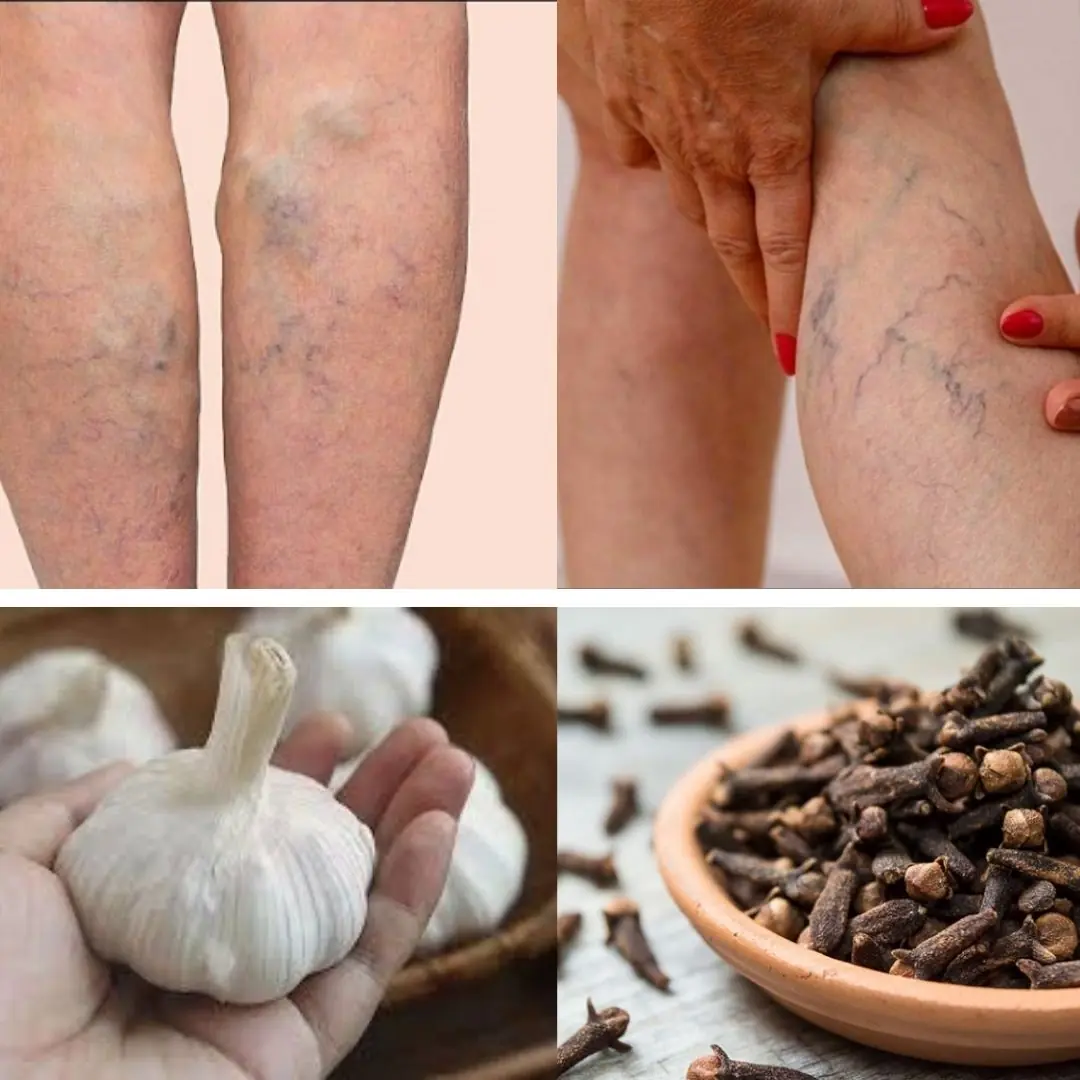
Early Signs of Heart Disease: What Chest Pain, Shortness of Breath, and Swollen Legs Could Mean
Early Signs of Heart Disease: What Chest Pain, Shortness of Breath, and Swollen Legs Could Mean
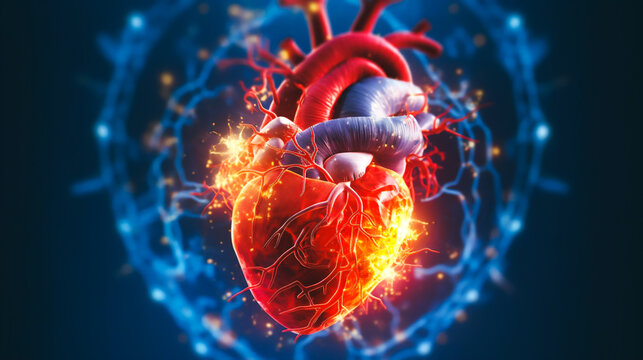
Chest pain, trouble breathing, and swollen legs may seem like minor issues, but they can be early warning signs of heart disease—the leading cause of death in the United States. Affecting people of all ages, genders, and ethnic backgrounds, heart disease is responsible for 1 in 4 deaths annually.
Understanding the types, symptoms, and risk factors of heart disease can help you catch it early—and potentially save your life.
What Is Heart Disease?
Heart disease isn’t just a single condition. It's an umbrella term for a group of disorders that affect the heart and blood vessels, including:
🫀 Coronary Artery Disease (CAD)
The most common type of heart disease, CAD occurs when plaque (fatty deposits) builds up in the arteries that supply blood to the heart. This can reduce or block blood flow, leading to:
-
Heart attacks
-
Heart failure
-
Dangerous heart rhythms (arrhythmias)
Other Common Types of Heart Disease
❤️ Congenital Heart Defects
These are structural problems present at birth, such as holes in the heart or malformed valves. They may go unnoticed until a check-up or cause symptoms later in life.
⚡ Arrhythmias (Irregular Heartbeats)
Arrhythmias disrupt the heart's normal rhythm. Some, like atrial fibrillation (AFib), increase the risk of stroke. Others may cause sudden cardiac arrest if left untreated.
🫁 Cardiomyopathy
-
Dilated cardiomyopathy: The heart becomes enlarged and weak, often due to past heart damage, toxins, or genetics.
-
Hypertrophic cardiomyopathy: A genetic condition where the heart walls thicken, making it harder to pump blood. This condition is a leading cause of sudden death in young athletes.
🚪 Heart Valve Disease
Conditions like mitral valve prolapse, regurgitation, and aortic stenosis affect how blood flows through the heart. These problems can strain the heart and lead to fatigue, breathlessness, or fainting.
Common Symptoms of Heart Disease
Heart disease can present differently depending on the condition—and sometimes, symptoms may be subtle or absent. Watch for these key signs:
-
Chest pain or pressure
-
Shortness of breath
-
Fatigue or weakness
-
Swelling in the legs, ankles, or feet
-
Dizziness or fainting
-
Pain in the arm, jaw, or back
-
Nausea and cold sweats
-
Irregular heartbeat or palpitations
🚸 In children:
Look for bluish skin, poor weight gain, or difficulty with physical activity—potential signs of congenital heart defects.
What Causes Heart Disease?
Heart disease can result from a combination of damaged heart muscle, clogged arteries, oxygen deficiency, or abnormal heart rhythms. Common risk factors include:
-
High blood pressure (hypertension)
-
High cholesterol
-
Smoking and tobacco use
-
Obesity and poor diet
-
Type 2 diabetes
-
Physical inactivity
-
Heavy alcohol consumption
-
Family history of heart disease
-
Stress and sleep disorders (e.g., sleep apnea)
-
Pregnancy complications like preeclampsia
While genetics play a role, many risk factors are tied to lifestyle choices—making early intervention and healthy habits key to prevention.
How to Lower Your Risk of Heart Disease
The good news? Most heart disease cases are preventable with early lifestyle changes:
-
Eat a heart-healthy diet rich in fruits, vegetables, whole grains, and lean proteins
-
Get regular physical activity (at least 150 minutes per week)
-
Quit smoking and limit alcohol
-
Manage stress and prioritize sleep
-
Monitor blood pressure, cholesterol, and blood sugar regularly
-
Talk to your doctor about your personal and family history
Final Thoughts: Don’t Ignore the Warning Signs
Heart disease develops silently for many people—but early detection and lifestyle changes can make a life-saving difference. If you're experiencing chest pain, fatigue, or shortness of breath, don't wait. Talk to a healthcare provider and take control of your heart health today.
News in the same category


White Clover (Trifolium repens): 15 Benefits and Homemade Uses
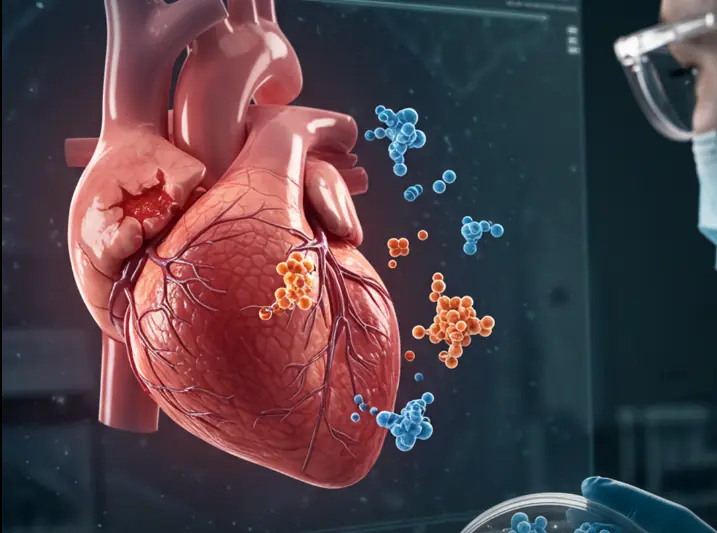
Breakthrough Protein Combo Could Heal Heart Damage and Regenerate Organs
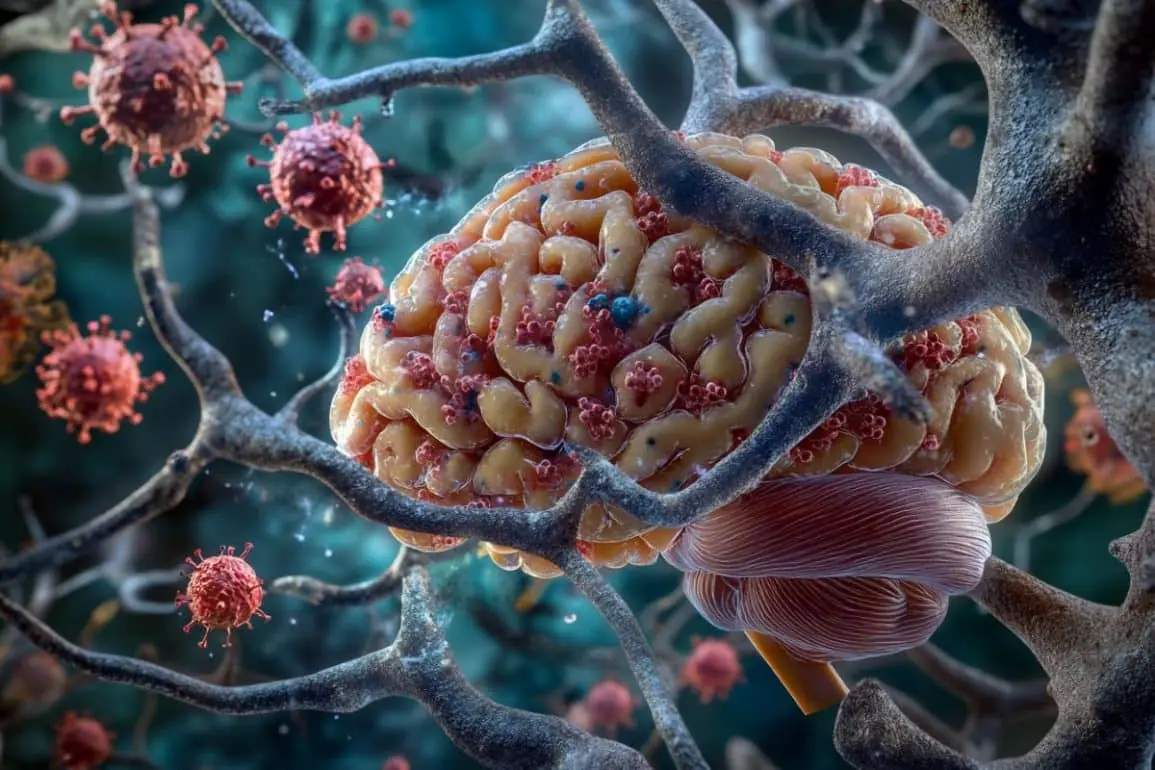
Head Injuries May Reactivate Dormant Viruses and Trigger Alzheimer’s-Like Brain Damage
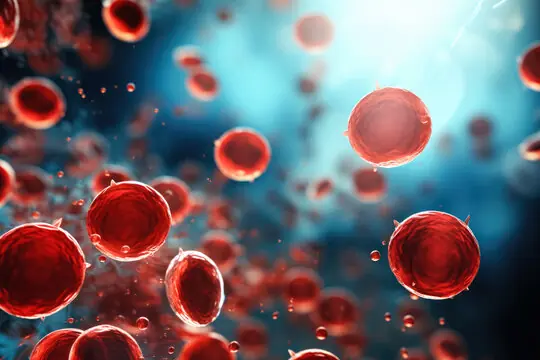
How Blood Production Changes After 70: New Research Reveals a Surprising Shift
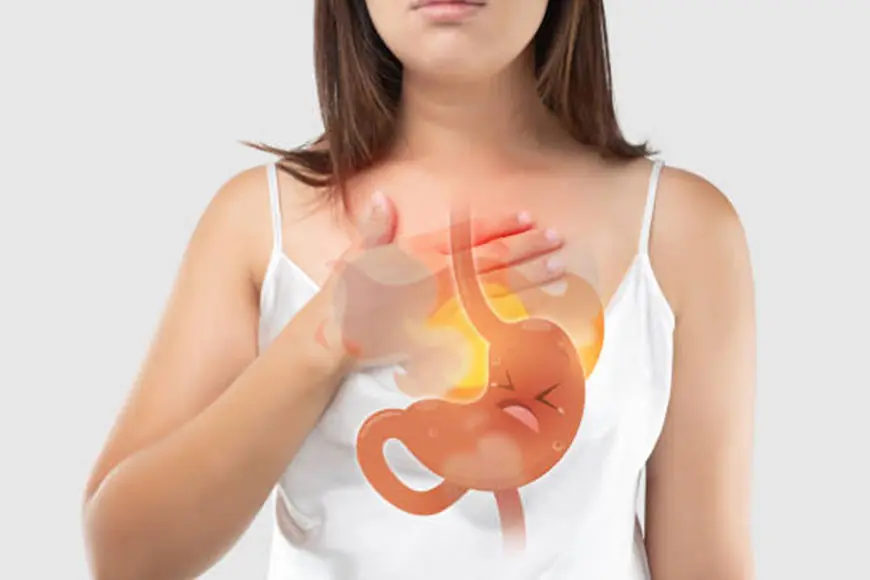
What Is Acid Reflux? Causes, Symptoms, and How to Prevent GERD

AI and Eye Scans: A Breakthrough in Fast, Accurate ADHD Diagnosis
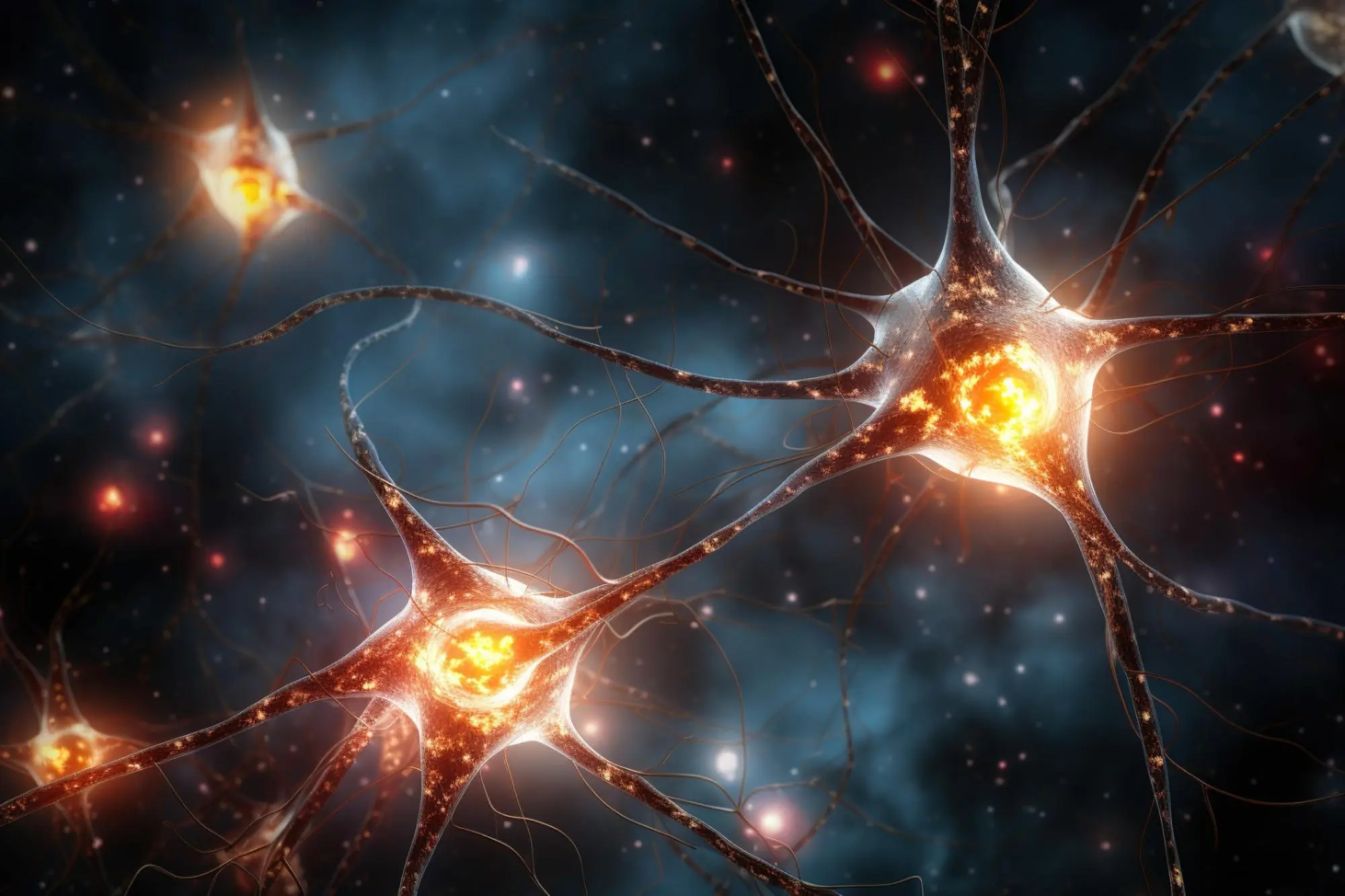
Groundbreaking Nanoparticle Technology Reverses Parkinson’s Disease in Stunning Study

This Psychedelic Root from Brazil May Be Able to Treat Depression

Researchers Reveal How Long It Takes To Grow Muscle When Lifting Weights

Waking Up After 6 Hours of Sleep? Here's Why—and Whether It’s Enough
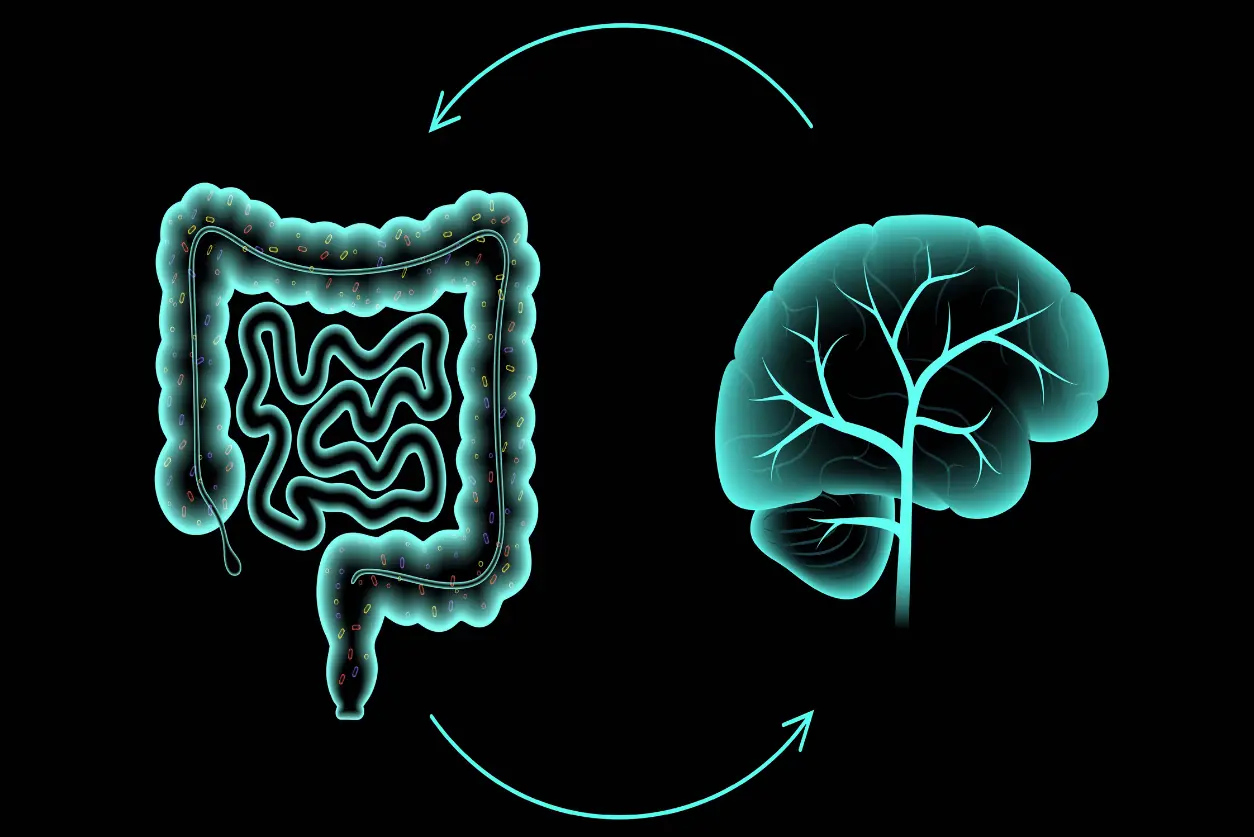
How Your Gut Bacteria Influence Your Mood, Thoughts, and Mental Health

The Hidden Cost of Anger: How One Minute of Rage Can Weaken Your Immune System for Hours

7 Benefits of Papaya Seeds & How to Consume Them Correctly

Cinnamon Tea: A Timeless Beverage for Health and Wellness
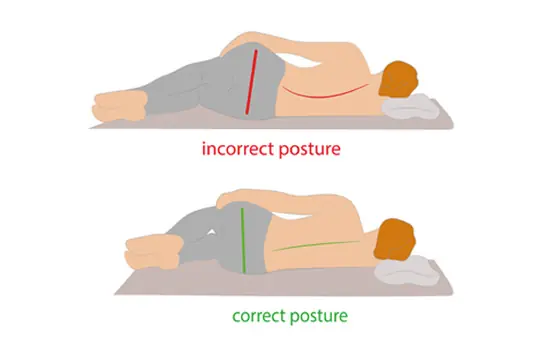
How Sleeping on Your Left Side Can Boost Your Health, According to Science

Sleeping Naked: Surprising Health Benefits Backed by Science
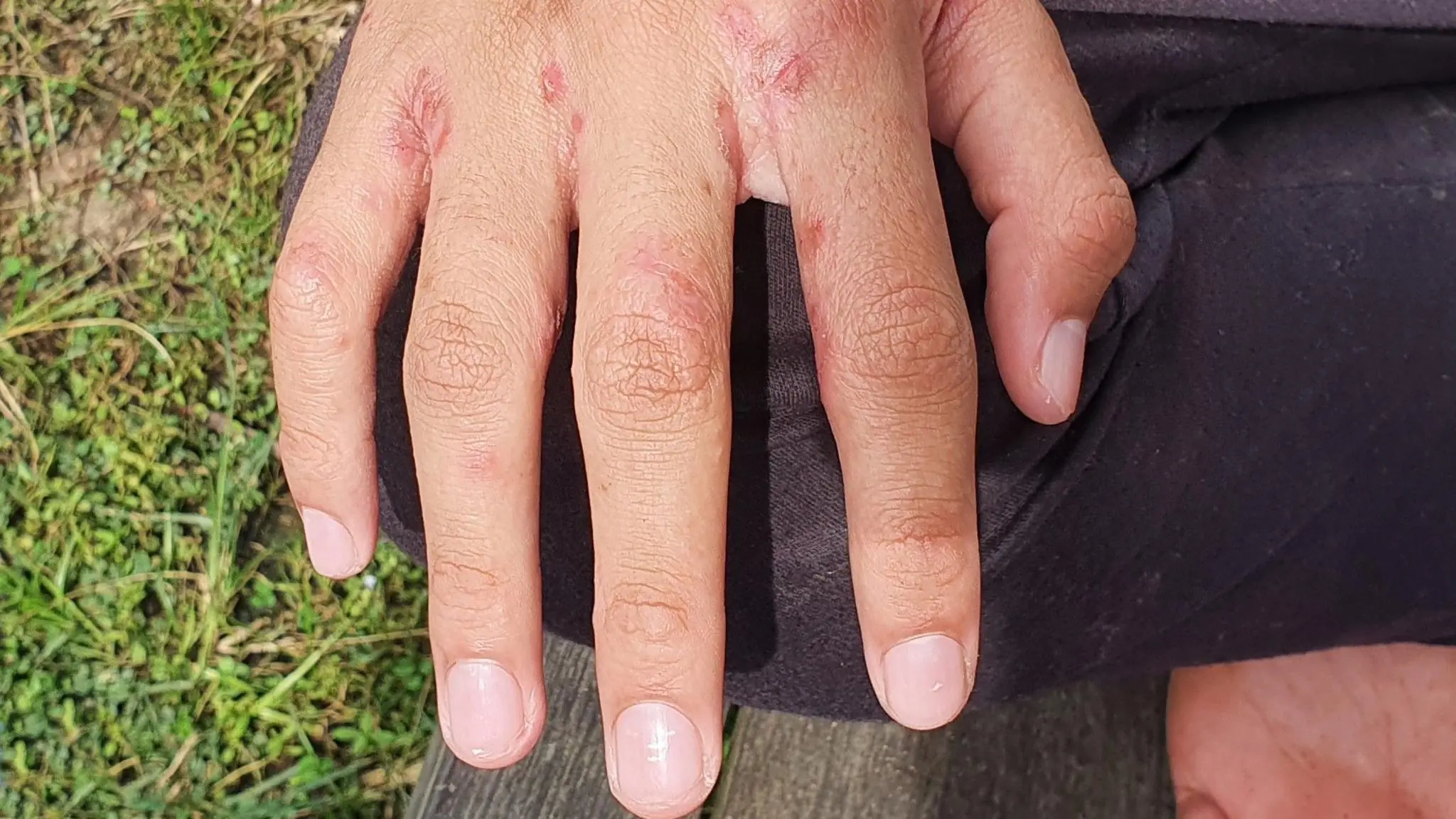
Red Dots on Your Skin? Why You Shouldn’t Ignore These Early Signs of Scabies

10 Best Foods To Support Digestive and Gut Health
News Post

🧄🌿 Natural Remedy for Leg Pain, Rheumatism, Varicose Veins & Arthritis with Cloves and Garlic

Modern House Fires Burn Faster: Why You May Have Only 3 Minutes to Escape

White Clover (Trifolium repens): 15 Benefits and Homemade Uses

A Mom of 7 Demanded My Deaf Grandpa Get Out of the Elevator—So I Brought Her Back to Reality

Could the Sahara Desert Power the Entire World with Solar Energy?

Breakthrough Protein Combo Could Heal Heart Damage and Regenerate Organs

Head Injuries May Reactivate Dormant Viruses and Trigger Alzheimer’s-Like Brain Damage

How Blood Production Changes After 70: New Research Reveals a Surprising Shift

My Ex-husband Got Our House, Car and All Our Money After Divorce – I Laughed Because That Was Exactly What I Planned

My Husband Cheated on Me With Secretary, Then Karma Crushed Him Back

My Husband Didn't Meet Me at the Hospital Discharge with Our Newborn – When I Found Out His Reason, I Went Pale

Mom of Quintuplets Can’t Pay For Groceries, Voice behind Says, ‘Your Bill Is Already Covered’

Drunk Bees? How Fermented Nectar Affects Honeybees in Australia

How Small Earth Is in the Universe—And Why That Should Inspire Us

What Is Acid Reflux? Causes, Symptoms, and How to Prevent GERD

AI and Eye Scans: A Breakthrough in Fast, Accurate ADHD Diagnosis

Groundbreaking Nanoparticle Technology Reverses Parkinson’s Disease in Stunning Study

This Psychedelic Root from Brazil May Be Able to Treat Depression
